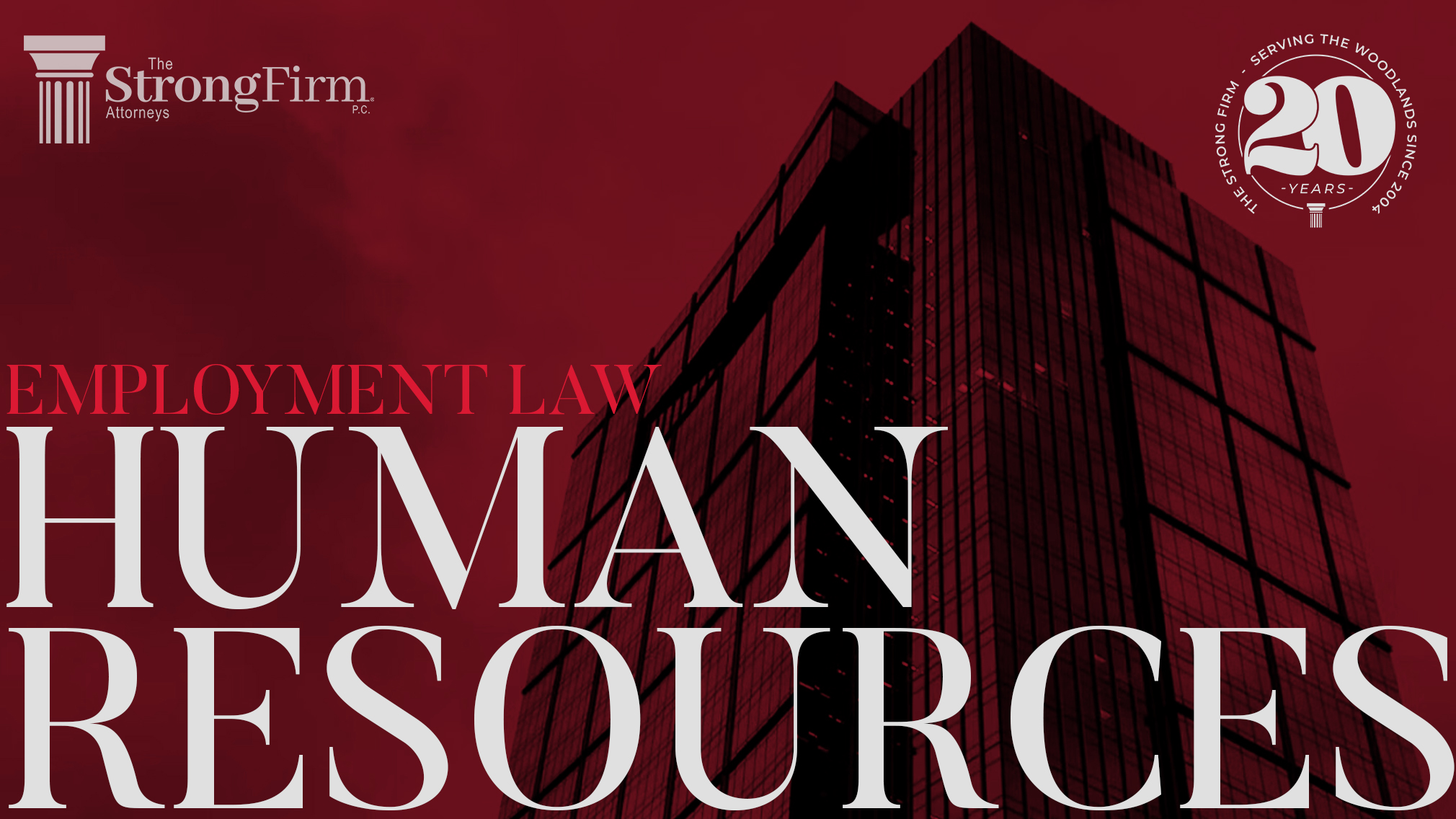Probate is the process of applying to a court for authority to transfer a decedent’s property. When the court stays involved throughout the administration of a probate (i.e. through the whole process) then the probate process is long, complex and expensive. However, Texas has aggressively sought to create a number of more efficient (i.e. quicker and less expensive) ways to probate a decedent’s estate. In the next few article we will discuss the various forms of probate and when they should be considered. However, in this article we will focus on the two most common forms of probate the dependent vs. independent administration.
A dependent administration is the default administration if no other method is available to administer an estate. Unfortunately, a dependent administration is generally regarded as the longest and most expensive probate process available. A dependent administration requires the direct involvement of the court in each aspect of administering the estate, including paying estate debts, selling estate land, and approving the estate’s accounting tracking money in and out of the estate. The court’s involvement in the process generally means that the court must approve estate actions. Court approval may only be obtained by motion to the court and usually a hearing. As a result, the process tends to be significantly longer and more expensive than other probate options.
For instance, an independent administration only requires the court to be involved in discrete portions of the probate process (e.g. in the initial hearing to establish the estate). Thereafter, the estate is largely administered independently of the court. The result is a faster and less expensive probate process. An independent administration is generally obtained either by asking for this faster cheaper form of probate in your will or by agreement of the heirs.
In addition to an independent administration, there are a number of other process to handle more simple estates, such as a muniment of title, a small estate affidavit, or even an heirship affidavit. The different methods of transferring estate property each have specific requirements and boast different benefits and/or draw backs. Therefore, it is important to meet you’re your attorney and discuss your goals in order to determine the most efficient administration that might be available.




























